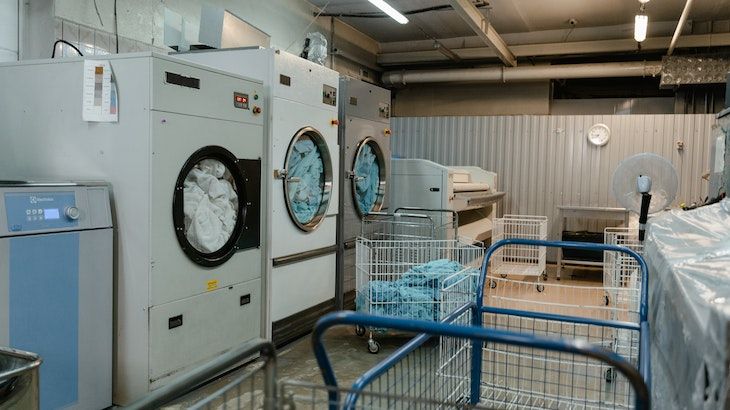Overview
A good clothes dryer should dry your laundry evenly and efficiently while not using too much energy. While dryers appear to be simpler than washing machines, they continue to incorporate new technology and advanced features such as vented or ventless options, steam and sanitization settings, energy-saving heat pumps, and WiFi and app connectivity. Choosing the right dryer can be difficult with so many options available.
To assist you in making an informed decision for your household,%sitename% has tested countless models over the years to provide you with the best recommendations. Our evaluation process prioritizes performance, ensuring that the dryer dries clothes quickly, safely, and effectively, as well as ease of use and other features such as drum capacity and footprint.
Buying Guides
Gas or Electric
When choosing between a gas or electric dryer, it's best to consider the utility in your laundry room. Gas dryers require a gas line while electric dryers need a 208-240V connection. Gas dryers cost more initially but are cheaper to run over time than electric dryers. However, most dryer models are available in both gas and electric options, so switching is unnecessary unless desired. If remodeling and running new lines, it's worth considering a switch.
Venting
It's important to consider venting when choosing a dryer since most require it to remove lint, heat, and moisture from your home. Ventless models are a great option if outside venting isn't possible, such as in an apartment or on a higher floor. These dryers collect excess water in a chamber that needs to be emptied into a sink at the end of the cycle. While most ventless dryers are compact, newer larger models can be vented or ventless.
Energy efficiency
Energy efficiency is another important consideration when choosing a dryer. Manufacturers are now incorporating heat pumps into dryers, which reduces wasted energy by re-circulating hot, dry air back into the drum. Dryers now have Energy Guide labels that indicate how much energy a model will use and how it compares to others in the market. These yellow labels provide information on the cost to run a dryer, allowing consumers to make an informed decision before purchasing.
Steam
Dryers that incorporate steam require tapping into the water supply that goes to the washer, making installation more complicated. However, the effort is worth it as steam in the dryer can freshen up and remove wrinkles and odors from clothing that does not require a full wash. It is also useful for rejuvenating hard-to-wash items like throw pillows and stuffed toys.
Wifi Connection
Although it may seem insignificant, appliance apps are becoming increasingly practical. They are no longer limited to just monitoring and controlling cycles from a distance. They can also assist in diagnosing and resolving issues, adding specialized cycles for specific clothing types like activewear, and sometimes even linking with the washer to enable direct updates to your appliance's software from the manufacturer.
Conclusion
Choosing the best clothes dryer for your home involves considering various factors such as the type of dryer (gas or electric), venting options, energy efficiency, and additional features like steam and smart connectivity. With so many options available in the market, it's important to carefully evaluate each model's performance, ease of use, capacity, and cost-effectiveness before making a decision.







